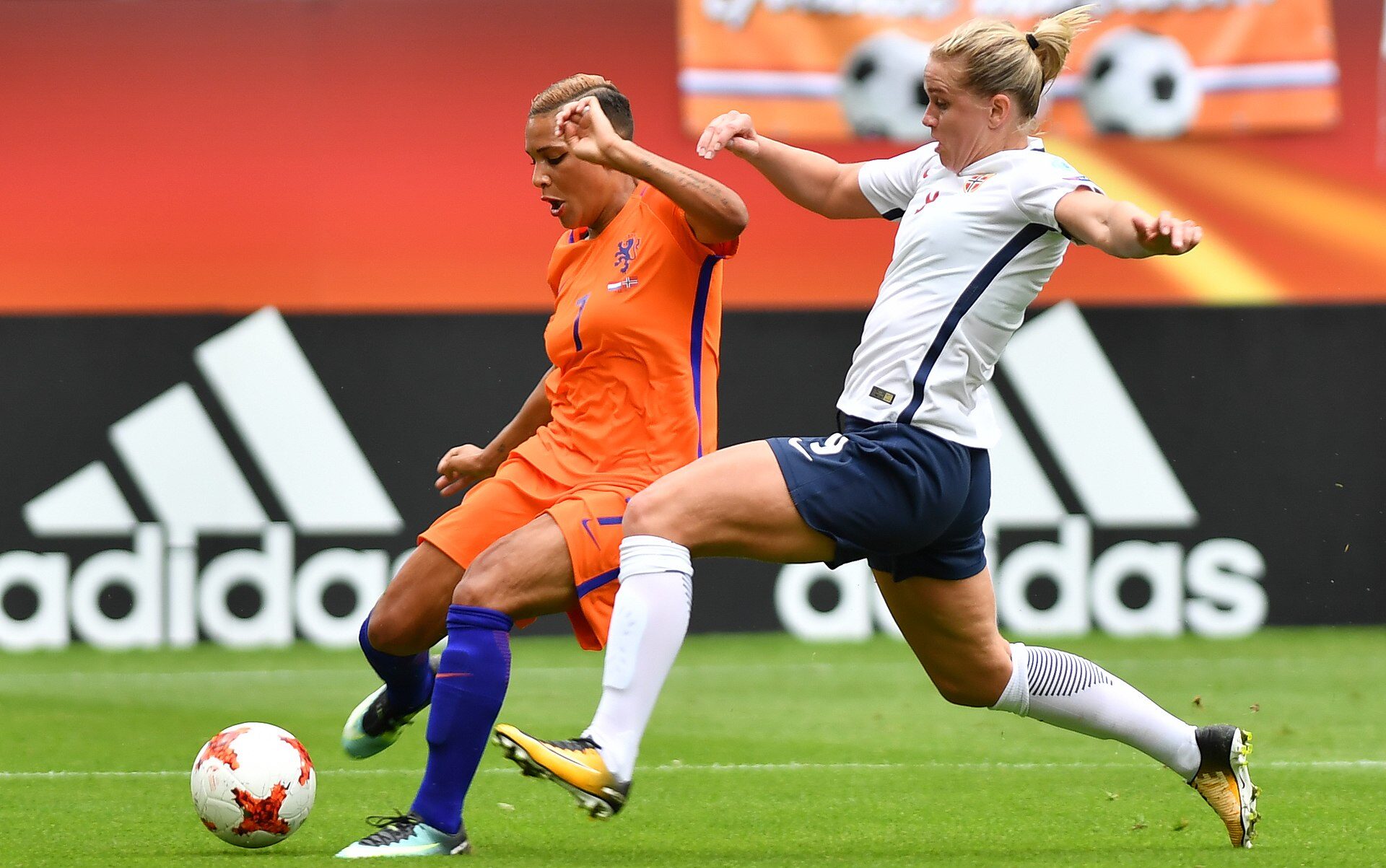With the Euros now over and the country having had sufficient time to drown their sorrows, I want to pull us back to the end of June, when England captain and striker Harry Kane did a post-game interview. On the back of their game against Slovenia, Kane expressed his frustration towards some of the harsh criticism pundits had been levelling towards the team. As part of his statement, he asked former players to empathise with his team, reminding them that they had once been in those same shoes. However, many fans weren’t pleased with how he set up that sentiment.
Kane noted, “The bottom line is we haven’t won anything as a nation for a long, long time and a lot of these players were part of that as well and they know how tough it is, so it is not digging anyone out.” Since then, thousands of comments have been made all over social media and headlines on media outlets, with Grazia UK even writing, “We remember The Lionesses winning the 2022 Euros, even if Harry Kane doesn’t”.
In this line, it’s clear that the captain is referring to his own team, making a point about the 58-year-long drought that the male pundits have been a part of. However, this is a generalisation that continues to hurt the women’s game and female athletes across all sports. Why is it that when a sport is referenced without a gender tag, it is assumed that they are referring to the men’s discipline? Many tend to forget the inherent sexism in labelling sport that stems from historical oppression. The NBA was created first (by 50 years!) therefore the women’s equivalent had to be called the WNBA. Going back to football, you have the FIFA World Cup and the FIFA Women’s World Cup. Even the athletes themselves are named in connection to men – take swimmer Katie Ledecky, who has the most individual world titles of any athlete, reduced to the “female Michael Phelps”.
Take multiple world record holder Katie Ledecky, reduced to the “female Michael Phelps”.
Why is recognising women as athletes so difficult? Whether it’s the use of ‘girls’ vs ‘men’, or the disproportionate attention or frankly disrespectful design of women’s uniforms versus the men’s, women often draw the short straw in sport. We have made leaps and bounds in terms of wider gender equality in sport, for example, the 2024 Olympics have been lauded as the first to achieve total gender equality in athlete participation. There are more and more opportunities and schemes for women and girls to play sport like the F1 Academy, which has seen drivers Marta García and Abbi Pulling shine in the spotlight. But this cannot be said still for media attention.
Although visibility is crucial in spreading women’s sports, the sexist and disrespectful manner that some commentators or social media users have is arguably causing more harm than good. During the 2016 Rio Olympics, the Chicago Tribune released a headline: ‘Wife of a Bears’ lineman wins a bronze medal today in Rio Olympics’. Arguably, they are writing about a woman and celebrating her success. But why does her success need to reference her identity as a counterpart to a man? If the Bears’ lineman isn’t even famous enough to warrant his name in the headline, why does two-time-medal winner Corey Cogdell-Unrein deserve to have her name erased? Even in the article itself, they double down on calling her “the wife of Bears lineman Mitch Unrein”.
This is not positive publicity. Why can’t we celebrate all of these athletes in a way that tells our children that their success is equal to each other? In 1900, a girl would watch the Olympics to see women being allowed to compete in only five sports. This year, we can’t wait to see icons like Simone Biles, Aitana Bonmati, and Janja Garnbret. Women are still being presented as subpar to men, and until all women are referred to by name and even just as athletes instead of female athletes, there is more work to be done. We need to create a safe and rewarding environment for women and girls so talent can shine as they deserve. Overcoming the subtle sexism that runs through sport isn’t an easy battle, but it is a crucial one.

